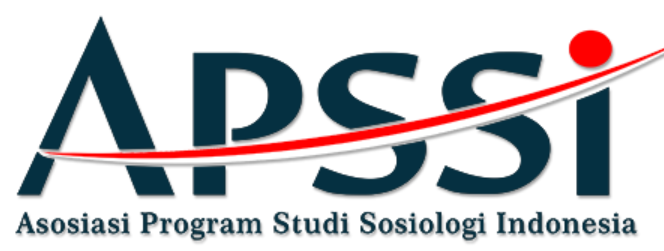English Used on Social Media Among Indonesian’s Netizen: Sociolinguistics Approach
DOI:
https://doi.org/10.47776/MJPRS.002.02.02Keywords:
Sociolinguistics, Age, Gender, Educational Background, Social Media, English UsedAbstract
In the globalization era, social media is very popular in various circles, both in young people and elderly. And nowadays, social media has an important role in the human’s life. There are two Social Media which have many users, namely, Facebook and Instagram. Facebook is a kind of social media that has been used by many people in Indonesia. Instagram is a social media that usually used by the users for share a picture, photo and video that added by caption on it. This study was used qualitative method using sociolinguistics approach. The study objects were status and captions on Facebook and Instagram which was indicated include on the criteria material object of the study analysis. The statuses were taken from Facebook’s post, while the captions were taken from Instagram’s post. This study has identified the relation of the Language use especially English in Facebook and Instagram based on the sociolinguistics approach; age, gender, and educational background. The findings showed that age has an influence on the use of language both formally and informally. Young netizens tend to use informal or slang language. Gender has an impact to the use of English language. The study showed that women’s netizen more polite in using the language than men. On the other hand, men tend to use language that seems outspoken and without any boundaries. Educational background has an influence to the use of English language in social media especially Facebook. The study has attempted to show the variations of English used by the Indonesian netizens from different age, gender and educational background.
Downloads
References
Devaki, V. 2021. Influence of Behaviourist and Cognitivist Theories in Adult Language Acquisition. Elsya: Journal of English Language Studies. Vol. 3 No 1, pp 38-44.
Kartika Y., Rohmah A., and Andriani D. 2020. An Analysis of Jargon Used on Facebook Found in Account “Mark Zuckerbergâ€. Channing: English Language Education and Literature, Vol. 5 No 2, 63-70.
Lina, M.F. & Hidayat W.N. 2019. Gender ana Age: Language Use in TV Series & Impact to English Learning. Journal of Pragmatics Research. Vol. 01 No 02, pp. 100-117.
Mukmin. 2019. The effect of Educational Background and Language Competence on Student’s Arabic Language Motivation. Arabiyat: Jurnal Pendidikan Bahasa Arab dan Kebahasaaraban. Vol 6 No 1, 36-52.
Napoleoncat.com
Olojede, A.M., Ebim, M.A., Abioye, A.T.. 2018. Language Use on Social Media: A Study of Facebook Interactions by Yaba College of Technology Undergraduates. International Journal of Cultural Studies and Technology, 2 (3).
Rahmi. 2015. Gender and Language Use. Intelektualita. Vol. 3 No. 1, 79-93.
Ramalia, T. 2021. The Students’ Perspective of Using Instagram as a Writing Assignment Platform. J-SHMIC: Journal of English for Academic. Vol 8, No 2.
Statista.com
Turnbull, B. 2018. The potential impact of cultural and educational background on foreign language teachers’ use of the L1. The Journal of Language Teaching and Learning, 8(1), 53-70.
Vandrick, S. 2014. The Role of Social Class in English Language Education. Journal of Language, Identity & Education, 13:2, 85-91, DOI: 10.1080/15348458.2014.901819







